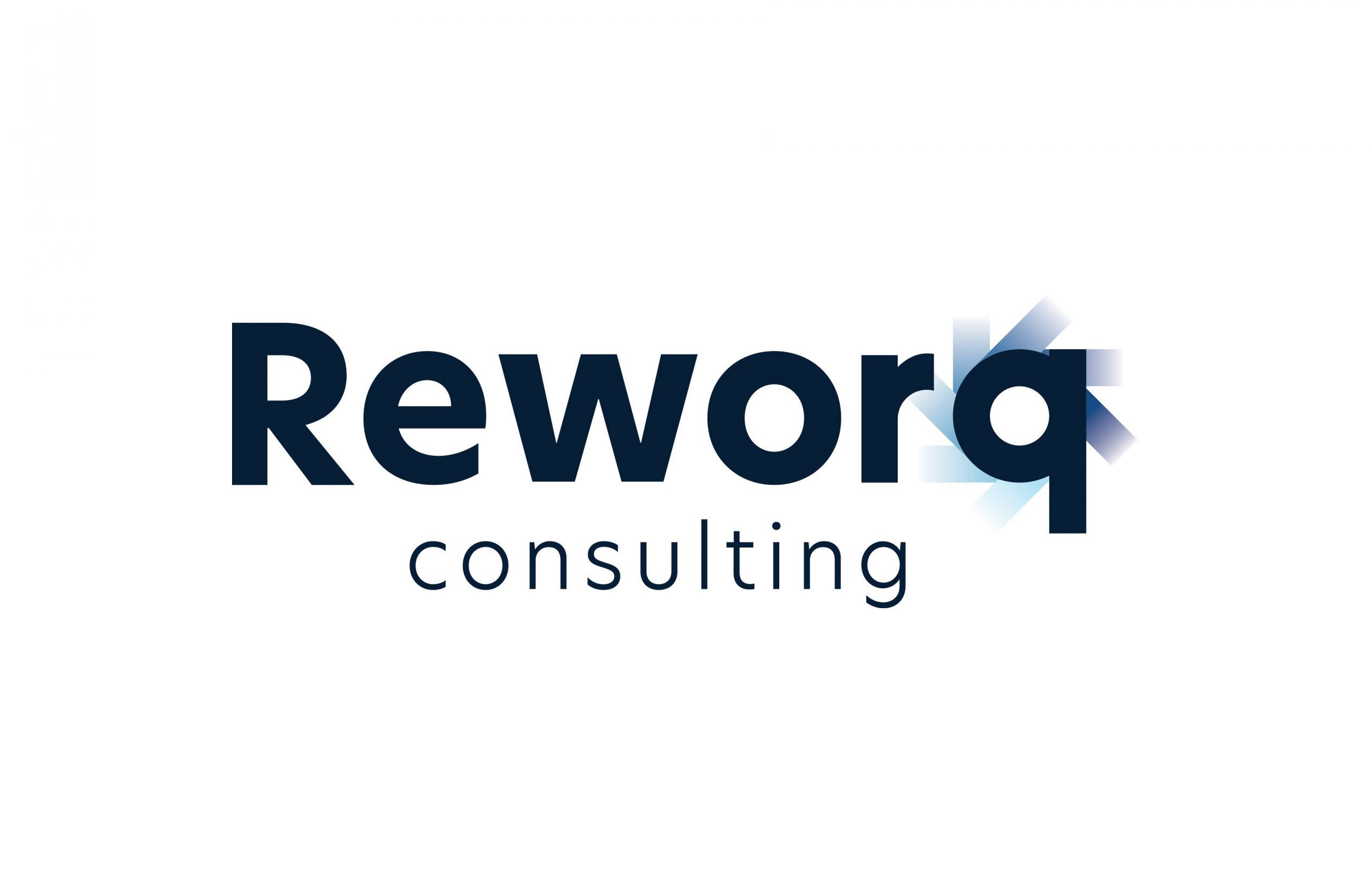Why hire an External Consultant?
It’s an impromptu question that many Executives or Business Owners ask when the idea is discussed internally, but especially if they don’t see the obvious benefits (and value) beyond the view of this being another business expense. Certainly, from an outside perspective, it’s hard to understand – Why organisations would need an external Consultant to identify problems within their own business? How do I fix our problems? But, then go ahead and fix them.
However, external Consultants can be an asset to your organisation by providing industry insights, subject matter expertise, and contribute in many ways beyond the skillset of your current team. Engaging a Consultant to plan the approach, execute tasks, and deliver projects objectively can be a huge benefit to any organisation.
Here are nine (9) reasons why hiring an external Consultant may just be the right decision:
1. Consultants bring an independent ‘objective lens’
A good Consultant will always be unbiased and objective with their “out-of-box” thinking, since they have zero personal connection to the organisation. Consultants bring an independent perspective to their engagement, meaning that they can focus only on the end goal or strategy or plan agreed with their client and without being caught up in any internal distractions. Unlike an organisation’s permanent employee who may be subject to internal politics but also the natural resistance to change.
2. Consultants provide creative thinking and with a different perspective
One of the unique benefits of being a Consultant is they simply deploy and communicate their objectivity towards creative business solutions and deliver breakthrough insights, strategic thinking, and problem-solving approaches; quite often what a client may not have considered without their unique viewpoint. Consultants are not influenced to certain ways of doing tasks, or their future work tied to relationships with business Executives, or a company’s culture (historical) and work methods.
3. Consultants bring credibility and subject matter expertise
The diversity in a Consultant’s experience puts them in a good position to provide insight in ‘best practice’ and a holistic big-picture thinking towards improving an organisation’s operations. Timing and time to deliver are two (2) critical components of any project.
Some projects may require a subject matter expert — someone who is proficient in an area of expertise that is beyond your team’s current knowledge and skillset. The best practical solution is to bring in a Consultant that has knowledge, expertise, and experience on project specific deliverables to ultimately save the organisation – time, cost, execution, delivery – whilst also providing coaching and mentoring opportunities for your team.
4. Consultants provide extra resource support during change
The most common timing for an organisation to bring in a Consultant is when a period of change or transition occurs; this is where Consultants can add tremendous value. During these periods with more specialised projects, there will be times when organisations simply do not have the relevant talent pool (internal) or expertise but then it’s time to now review short-term contracting of the required skill set.
5. Consultants help identify hidden ‘process’ opportunities
Consultants have a diverse background experience, not only with their work expertise, but from their expansive knowledge working across various industry sectors. As a Consultant works on an initial project and subsequent projects, they become more familiar with your organisational culture, key stakeholders, team, processes, and systems. This learning objective allows the Consultant to carefully consider alternative solutions and then identify other business areas that can be improved, streamlined, or automated.
6. Consultants help with project management (phases)
When significant change (i.e., BI / ERP / SaaS system implementation) and process improvements have been identified, in most instances the department(s) or internal team(s) are too busy with their day-to-day work priorities. They lack the expertise in planning, the right resources fit, the required skillset, and the necessary time to dedicate to project tasks.
By bringing in an external Consultant to manage your project, the Consultant can focus completely on the project portfolio and the various stages of the project lifecycle with building (and testing) the new process or system without disrupting the internal team’s day-to-day responsibilities.
7. Consultants bring quick results and add immediate value
Hiring new employees can be risky, in many cases, it could take weeks or months before you find the right individual to hire — certainly not a practical solution when you are under time constraints, critical work needs to be done, and delays are compounding your problems. What alternatives or contingencies exist during this period? What stress or pressure continues to build whilst you navigate the recruitment process?
Bringing in an external Consultant provides increased access to someone who can start work at short notice and gain significant momentum. They can help your business during either short-term or long-term periods and dependent on the specific role / task requirements. Consultants can be an immediate solution that create a low risk, high reward situation, and add value for any organisation.
8. Consultants offer viable cost-effective alternatives to your internal headcount
Organisations that deploy external Consultants for their expertise in executing projects, do not incur overhead costs but only the consulting fees paid to the Consultant. Once a project is finalised and handover is assigned to your team, the Consultant’s work has finished, and they simply exit an organisation. In addition, the organisation no longer incurs costs but significantly gains coaching, mentoring, and solution expertise along the deployment journey.
9. Consultants help expand your professional network, services, and insights
Your network increases with the more people you know and the more introductions to people (and their services) outside of your immediate professional network. By increasing your network with other professionals with diverse industry, insights, work experiences, and skillsets adds value to both you, as well as to your organisation.
Summary
An external Consultant is a valuable resource not only in the short-term (individual project) but also in the long-term for future projects. A Change Agent that provides a great reference point to obtain an alternative (but unbiased) feedback on your next project and your future direction.
Need some guidance on your next steps? Let’s start a conversation…



